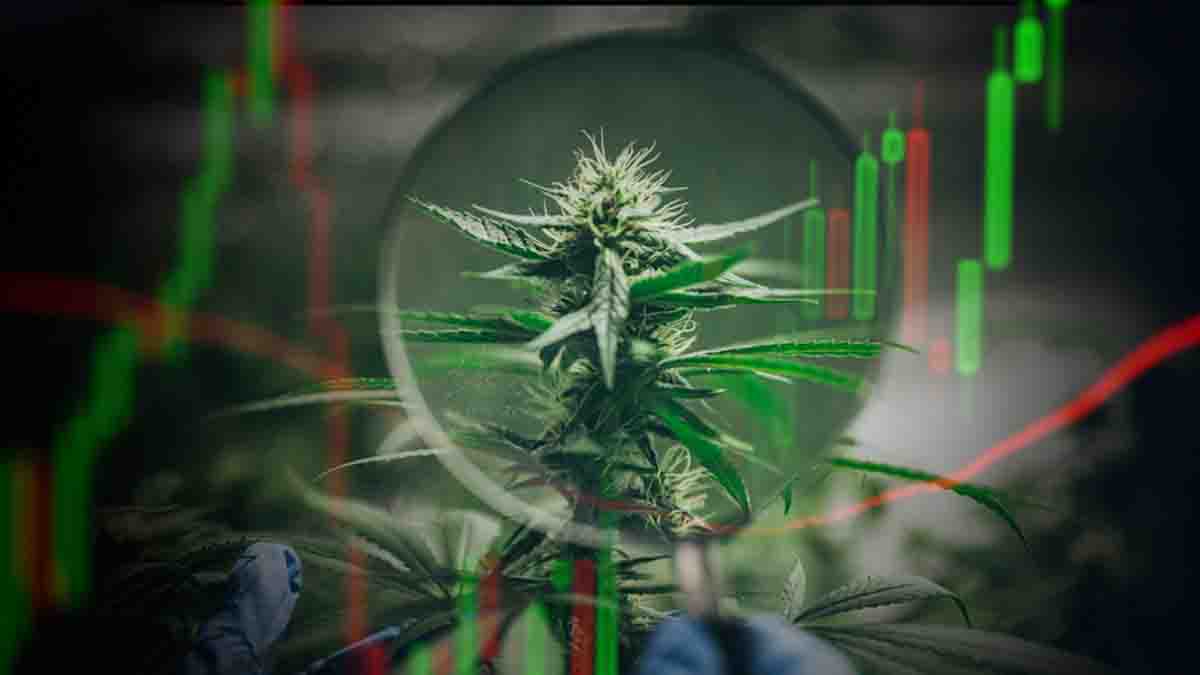Attorney General Jeff Sessions has been waiting to receive a special report just for him. The document, from the President’s Task Force on Crime Reduction and Public Safety, is anticipated to provide clarity to the federal government’s stance on cannabis as well as the conflicts that exist between state and federal laws. Given the political discourse plaguing our democracy in general as well as the uncertainty of the Attorney General’s job security one must ponder what Mr. Sessions might be trying to accomplish. President Trump has not made the past month an easy one for Sessions & with that comes a need for survival by aligning with allies within the Republican Party & its conservative base that loves Jeff Sessions. Over the past 4 weeks, he has asked Congress for authorization to prosecute medical cannabis suppliers who are operating in accordance with their state’s laws, reauthorized civil asset forfeiture, and announced his desire to start a new “war on drugs,” even though Nixon’s War on Drugs was a monumental failure costing the US government $1.5 Trillion dollars with not even a dent in addiction rates. The only thing the last war on drugs did was increase rates of incarceration for drug related crimes with the bulk of offenders being minorities.
On at least one aspect, however, Sessions’s new war on drugs is likely to be unsuccessful for a myriad of reasons, some which are obvious & others that I believe are not as obvious to the laymen. In taking on cannabis — especially the medical uses of cannabis — he is staking out a position that is at odds with powerful interests and an overwhelming majority of Americans from nearly all walks of life. This tide is too strong to swim against.
The first issue is that the medical community has widely resolved the problem of whether cannabis is clinically beneficial. In January, the National Academies of Sciences, Engineering, and Medicine (NAS) stated that there is “conclusive evidence” that cannabis has medicinal value and is effective at treating some diseases, including chronic pain. Cannabis may prove to be a pain management alternative that could substitute for opioids for many desperate patients, and the National Institute on Drug Abuse (NIDA) recognizes that cannabis may be an effective means to fight the opioid crisis. Researchers studying the relationship between medical cannabis laws and opioid use have found that states with such laws have nearly a 25 percent reduction in opioid-related deaths. The contrast between opioids — which killed more than 33,000 Americans in 2015 — and cannabis could not be more striking. As NIDA states on its DrugFacts — Marijuana Web page: “There are no reports of teens or adults fatally overdosing (dying) on marijuana alone.”
Another important detail to consider is that regulated and legal cannabis markets cripple black markets due to the fact that consumers will no longer need to purchase cannabis from criminals that might have shadier motives. There’s no greater recent example of this when an Austin woman went to an apartment to buy cannabis and was instead bound and raped by two men. These deplorables also attempted to lure the woman’s friend to the apartment for a similar attack. Had cannabis been legal in Texas, this disgusting crime may have never occurred.
Lawmakers must realize that there is an intrinsic value to the legalization of marijuana that goes beyond tax revenue & job creation. The legalization of Colorado in 2014 for both recreational and medical marijuana has been a massive windfall for the state with a projected $500 million dollars in tax revenue and various other segments of the state benefitting as well.
Again, using Colorado as a baseline, medical cannabis may also save lives in unexpected ways. Data published in the American Journal of Public Health in February suggests that laws allowing it were associated with fewer traffic fatalities. While we always have to be careful about making claims that a policy caused an outcome, evidence from multiple studies, with careful statistical analyses, is building a case that medical cannabis has real, beneficial, spillover effects.
Jeff Sessions needs to be pragmatic & rational about the cannabis approach. He also needs to remember that Peter Thiel who was part of President Donald Trump’s advisory panel and he has a major stake in a half billion dollar marijuana related company called Privateer Holdings which own both Leafly & the Tilray cultivation facility in Canada. States are distinctly opposed to his moves to crack down on their cannabis policies. Eight states have legalized recreational cannabis use by adults. Even more striking, 29 states and the District of Columbia have approved the medical use of botanical cannabis, with 17 more having cannabis extract laws in place. This doesn’t just save lives; it also saves money, and do we really want Canada and Justin Trudeau to corner the North American Cannabis Market?
Cliff Notes version:
Jeff Sessions is clearly pandering to the conservative Republican Base, but has much bigger fish to fry with opioids as well as trying to maintain his own job security. Cannabis by 2020 will create more jobs than all manufacturing jobs nationwide and polling data has positive opinion on cannabis near 70%. You can’t fight the people or polling numbers like these.
Regards-
Jason Spatafora @Wolfofweedst
MAPH Enterprises, LLC | (305) 414-0128 | 1501 Venera Ave, Coral Gables, FL 33146 | new@marijuanastocks.com











